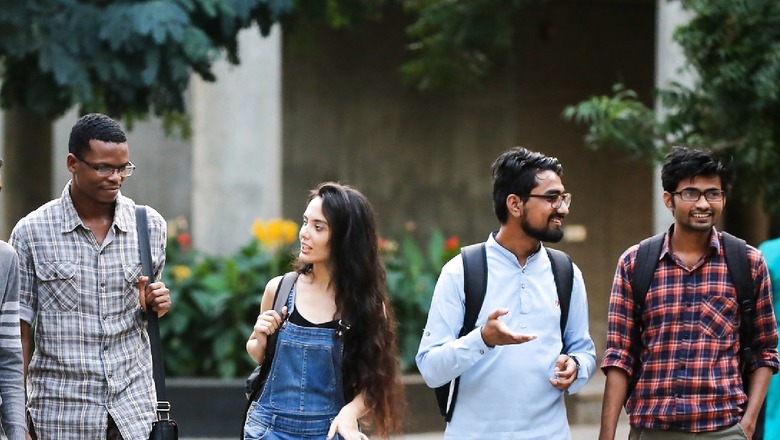
views
Now several courses including, nursing pharmacy, and engineering will be available in regional languages, as the Promotion of Indian Languages is all set to make nursing pharmacy, and engineering textbooks available in all major Indian languages. According to the reports, students in several parts of the country will soon be able to study undergraduate and postgraduate courses in 12 different languages from 2024.
According to a report by Amar Ujala, universities have already embarked on the task of translating the textbooks of B.A., B.Com, B.Sc, Law and other courses. The newly translated study material will be available to students from the 2024 academic session onwards.
The HPC for the Promotion of Indian Languages headed by Chamu Krishna Shastry is set to undertake the translation of textbooks for most courses. The effort will move ahead in 2 phases.
The first phase, lasting 1.5 to 2 years will focus on translating relevant course books in 12 Indian languages viz. Hindi, Bengali, Assamese, Gujarati, Tamil, Telugu, Malayalam, Kannada, Marathi, Odiya, Urdu, and Punjabi. The second phase, slated to conclude in a decade from now, will broaden the efforts, focusing on the translation of course material into 22 Indian languages. These moves have been initiated in compliance with the recommendations of the National Education Policy (NEP) 2020.
Shastry told Amar Ujala that the committee has already written letters to 200 universities, including Delhi University, Benaras Hindu University, Indira Gandhi National Open University, and the Central University of Bihar, regarding the initiative.
After Engineering n Medical now UG & PG Students will get option to learn in 12 different Regional languages from 2024 academic session. @AmarUjalaNews @narendramodi @PMOIndia @EduMinOfIndia @ugc_india @ChamuKShastry #University @NEP2020 #regionallanguages #ug #PG pic.twitter.com/mnv9qWNWGH— Seema Sharma (@09seemasharma) October 18, 2022
The translation will be done by teachers of UG and PG courses at major universities. While some instructors will be in charge of writing textbooks in regional languages, others will handle translation and content creation. Help from experts of the Commission for Scientific and Technical Terminology (CSTT) will also be enlisted. A list of names of educators who will take part in this initiative is already being prepared.
However, the efforts have also evoked concerns from several quarters regarding breaking language uniformity in some courses. Many believe that such a move could be regressive in cases of courses that need to be on par with international standards.
Read all the Latest Education News and Breaking News here



















Comments
0 comment